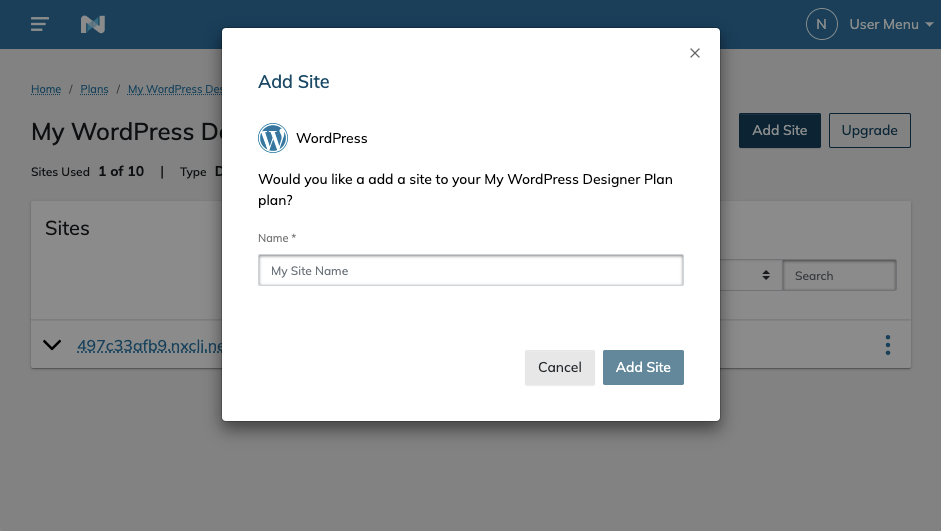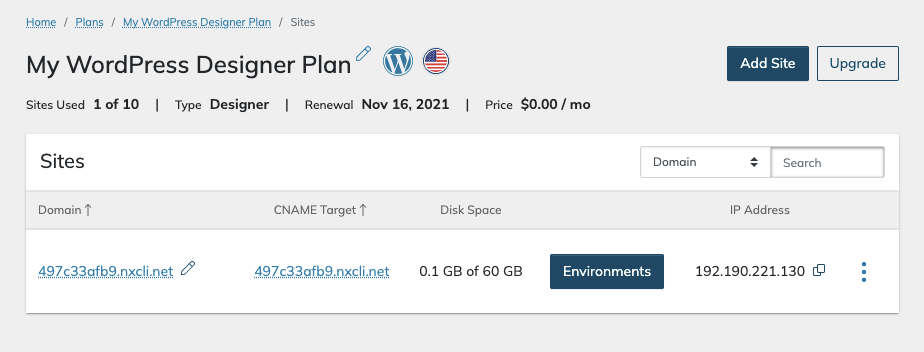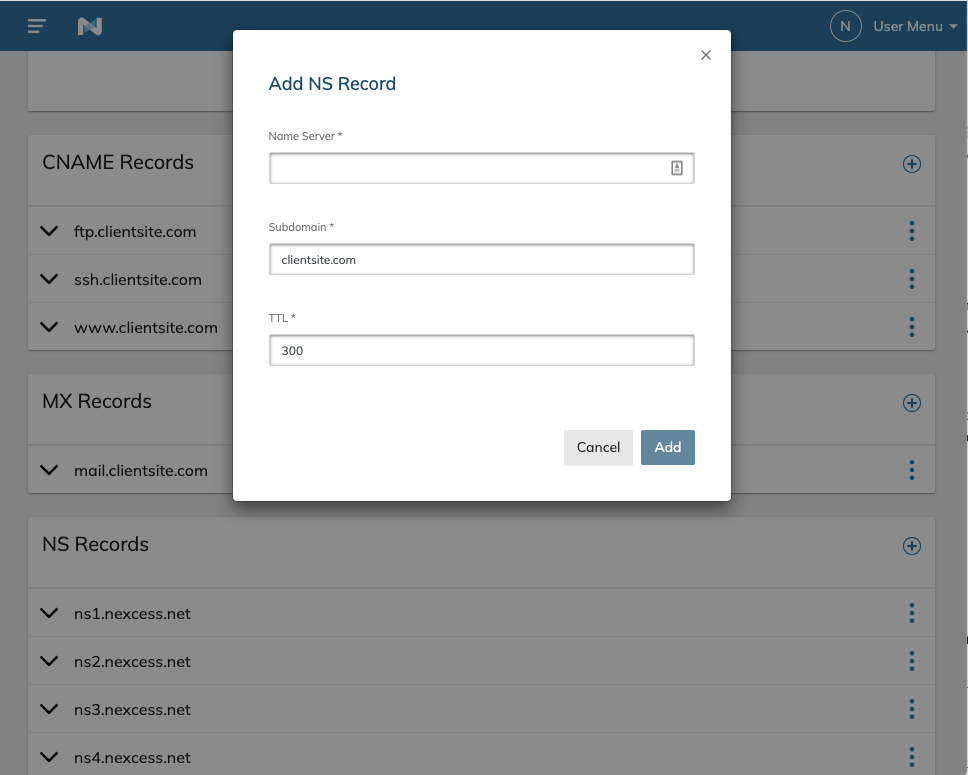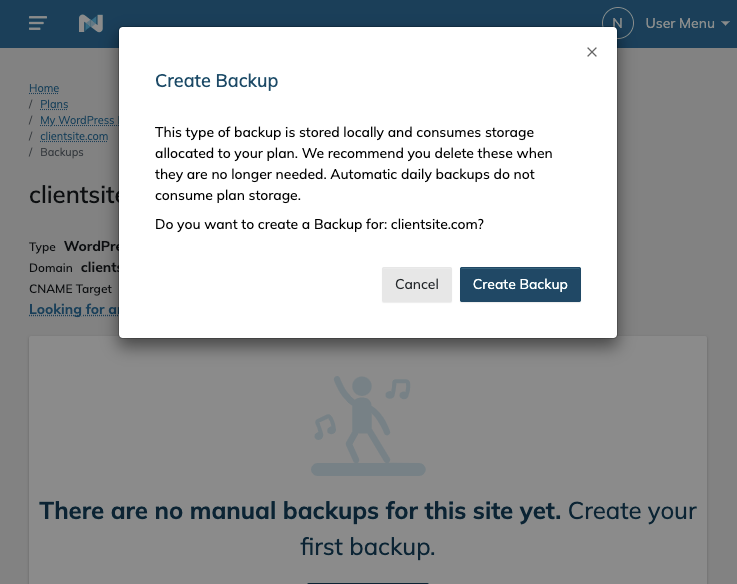Freelancer’s Guide on How to Host Websites for Clients
To host or not to host? That’s the question many freelancers face when going out on their own as web developers. In this post on how to host websites for clients, we’ll explain why you should host clients’ websites and provide a step-by-step guide on how to set up web hosting for a client.
Should You Host Your Clients’ Websites?
Most freelancers understand the struggle of explaining to a non-tech-savvy client why they need web hosting and which plan to buy. After one of those conversations, you’re probably asking if it would just be easier to start hosting clients’ websites instead of referring them to your preferred hosting provider.
Benefits of hosting clients websites include:
- Simplicity. You can quickly set up their hosting without going back and forth trying to make sure they purchased the right plan.
- Recurring Revenue. Consider bundling hosting with a maintenance plan, so you can build recurring revenue after the initial build out. Also, some hosting providers offer affiliate programs, which allow you to earn a passive income.
- Customer Service. Non-technical customers will appreciate a turnkey solution for their website.
Drawbacks of hosting clients’ websites include:
- Increased Responsibility. If something goes wrong, clients won’t call the hosting company. You’re the one who has to troubleshoot the problem.
- Financial Risk. If the client doesn’t pay, you’re stuck footing the bill for hosting.
You can easily overcome the downsides of hosting clients’ websites by choosing a good host and using a well-written contract. Freelancers should use contracts for all projects to protect themselves.
Web hosting differs from a one-time development project, so you probably need to modify any contracts you’re using. Some states also treat development services and web hosting differently for tax purposes. Before offering to host a client’s website, check with a tax expert to determine if you need to collect sales tax on web hosting contracts.
Benefits of a Good Host
To provide hosting for multiple clients, you need a reliable, top-quality hosting service.
Look for a hosting provider with these benefits:
- Reliability. Do they offer an uptime guarantee? Search for online reviews of the service.
- Support. What type of hosting support do they offer? Can you reach their support team 24/7? Remember if you’re hosting clients’ websites, clients will contact you anytime their site goes down. You need to trust you can get a response quickly from your hosting provider.
- No Hidden Fees. A good host will not charge you extra or hidden fees. Watch out for hosts with overage charges. If your client’s site went viral and experienced a massive spike in traffic, you could face a steep bill.
How to Host Websites for Clients as a Freelancer
If you want to start offering hosting to your clients, you’ll need to complete some due diligence first. We’ll review the checklist of items to consider before reviewing how to set up hosting.
Checklist for hosting websites for clients:
- Pick a Hosting Provider. Research quality, support, pricing, and plan options to pick the best hosting provider.
- Determine Your Pricing Structure. Decide how much you’re going to charge for hosting. Since you’ll provide support to the clients, you’ll need to mark up the hosting costs to cover your time.
- Draft Hosting Contracts. Update your contracts to include a hosting option.
- Include Hosting in Your Proposals. Prepare pricing and descriptions of your hosting services to include on any new proposals.
Steps on How to Setup Web Hosting for a Client
Once you’ve secured your first hosting client, how do you set up hosting?
Follow these steps to get your client’s new website up and running:
- Identify the hosting needed
- Update your account
- Build the site
- Update the DNS records for the URL
- Configure backups and other server settings
1. Identify the Type of Hosting Needed
What type of site does the client need? Do you need to build an ecommerce website quickly? Is it a static site? Do you need managed WordPress hosting? For a more detailed look at the different types of hosting, read this post on hosting.
2. Update Your Account
Once you know what type of site and hosting you need, you can update your account with the hosting provider. Most managed WooCommerce or WordPress hosting plans include a set number of stores or sites you can operate on the plan. If you have available slots on your plan, you can just set up a new site. If not, you might need to upgrade to the next plan.
3. Build the Site
Most hosts will give you a temporary domain to build your site. Set up the client’s site and complete all testing and revisions using the temporary domain.
4. Update the DNS Records for the URL
When you’re ready to make the client’s site live, you need to point the domain name to your servers. If the client purchased the domain name, you’ll provide the details of where to point the URL to your host. DNS changes can take 24 to 48 hours to propagate, so plan your site launch accordingly.
5. Configure Backups and Other Server Settings
If your hosting plan includes automatic backups or updates, configure those for each client’s site. Some hosting plans also include enhanced security monitoring.
Consider Hosting with Hostdedi
Hostdedi’ hosting plans deliver industry-leading results with exceptional service. Our competitive prices make it easy and affordable for freelancers to offer hosting for their clients.
Why freelancers like hosting with Hostdedi:
- Premium Features. Many Hostdedi plans include image compression, built-in CDN, and advanced caching so your clients’ sites load with lightning speed.
- Automatic Updates. You won’t have to worry about manual WordPress and WooCommerce updates with Hostdedi. We handle updates for you.
- No Hidden Fees or Metering. If one of your sites sees a massive spike in traffic, your other sites won’t slow down, and you won’t face a surprise bill at the end of the month.
- Best-in-Class Support and Security. Our team is constantly monitoring your servers, and you can reach our support team 24/7.
Add hosting to your freelancing services today. Check out our available plans and sign up for a free trial.







